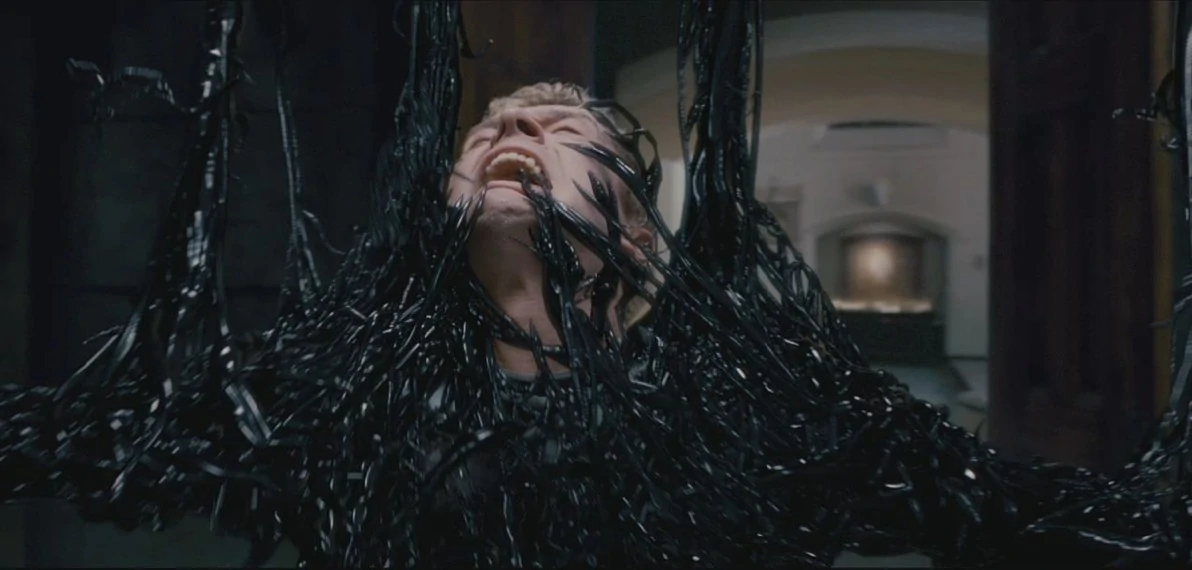Brother
Professional
- Messages
- 2,590
- Reaction score
- 533
- Points
- 113

Shame and guilt are often confused, yet these emotions are not even close relatives. It is aptly defined that guilt is the feeling that I made a mistake, and shame is the feeling that I myself am a mistake. Why is shame so excruciating and painful? Because if I made a mistake, it can be corrected; if my existence is a mistake, then it can be corrected only by very destructive methods. What to do? Getting rid of unnecessary, obsessive, toxic shame, including bodily shame, is not easy. But we can start this already now, with the help of a simple exercise.
Shame creates a huge gap between my present, one that even has no right to exist, and my ideal - superman and batman at the same time, writes psychologist Svetlana Bronnikova in the book Intuitive Nutrition. Since shame is a very, very early childhood experience, it does not know the semitones, does not recognize any "I am good enough, I am acceptable." Until the ideal is reached, I have no right to be. Needless to say, how destructive such an attitude is?
Shame is very often inherited. Parents experiencing intense shame inevitably project it onto their own child. Guilty parents may feel like bad parents, trying to fix it, but parents infected with toxic shame and unable to acknowledge and reflect on it (this is especially true for people who are respected and authoritative in a certain group - school principals and chief doctors of hospitals for example) "put" their shame in the child. The child catches this sensation and understands: something is wrong with him. Long-term experience of this kind traumatizes a person and often makes him really “become bad” - hence, for example, the phenomenon of the prevalence of drug addiction among the children of high-ranking officials and businessmen. Successful people cannot afford to experience their own shame, and then the child becomes the "carrier" of family shame. And since shame is a very uncomfortable experience, drug use brings both the desired relaxation, the feeling of freedom, and the feeling that there are rational reasons for feeling "bad."
Getting rid of excessive, obsessive, toxic shame, including bodily shame, can take a long time and require long-term psychotherapy. But we can start this path now, with the help of a simple exercise, which Svetlana Bronnikova talks about in her book "Intuitive Nutrition".
Exercise "Spotlight"
Imagine that all those events, actions or words for which you were ashamed before or now, can be brought under the beam of a powerful searchlight and properly examined. When a child is small, it is difficult for him to understand what is bad or good, and the measure of good or bad for him is his parents.
Let's remember and write down what you were accused of, what was accused of, after what familiar words did you experience a burning rush of shame? Perhaps they called you a slob, predicted the fate of the janitor, suspected of lying?
Write all these episodes, one by one, on a piece of paper. Now try to understand whose shame you experience in each of these episodes - your own or your parent's?
How embarrassing is it really to fall and tear your pantyhose at the age of 5 while running in the yard? Or was the problem in parental shame, what would the neighbors say - the child walks in ragged clothes, where the mother is looking?
How fair was it to call you fat if, looking at your own childhood photos, you see a completely ordinary child - perhaps devoid of aristocratic fragility, but usually folded? Or the problem is that the parents were afraid of the accusations of the district pediatrician - where did you feed the child, and were ashamed of it in advance?
Did your parents really expect from you that at the age of 8 you will do your homework on your own - and without a single mistake? Or is it that your school failures again cast a shadow on their upbringing methods - they failed, overlooked, failed?
In other words, were you ashamed of these moments - or your loved ones? Should you have been ashamed of it? Underline with one color those episodes in which shame was your own, deserved, and those where it was imposed on you from the outside.
As a result of this exercise, you may find that you lived in the same family with very vulnerable people who were in a panic fear of their own shame and passed it on to you, on outstretched arms, like a hot pot. "We are not inexperienced and overwhelmed parents - this is our dirty child, stupid, glutton!" Perhaps you are also used to believing it. Now is the time to separate what you could feel real shame for - childish lies or theft, for example, committed with the understanding that this is bad, and the shame that you were injected with as a slow-acting poison.
Source: book "Intuitive Nutrition" by Svetlana Bronnikova

